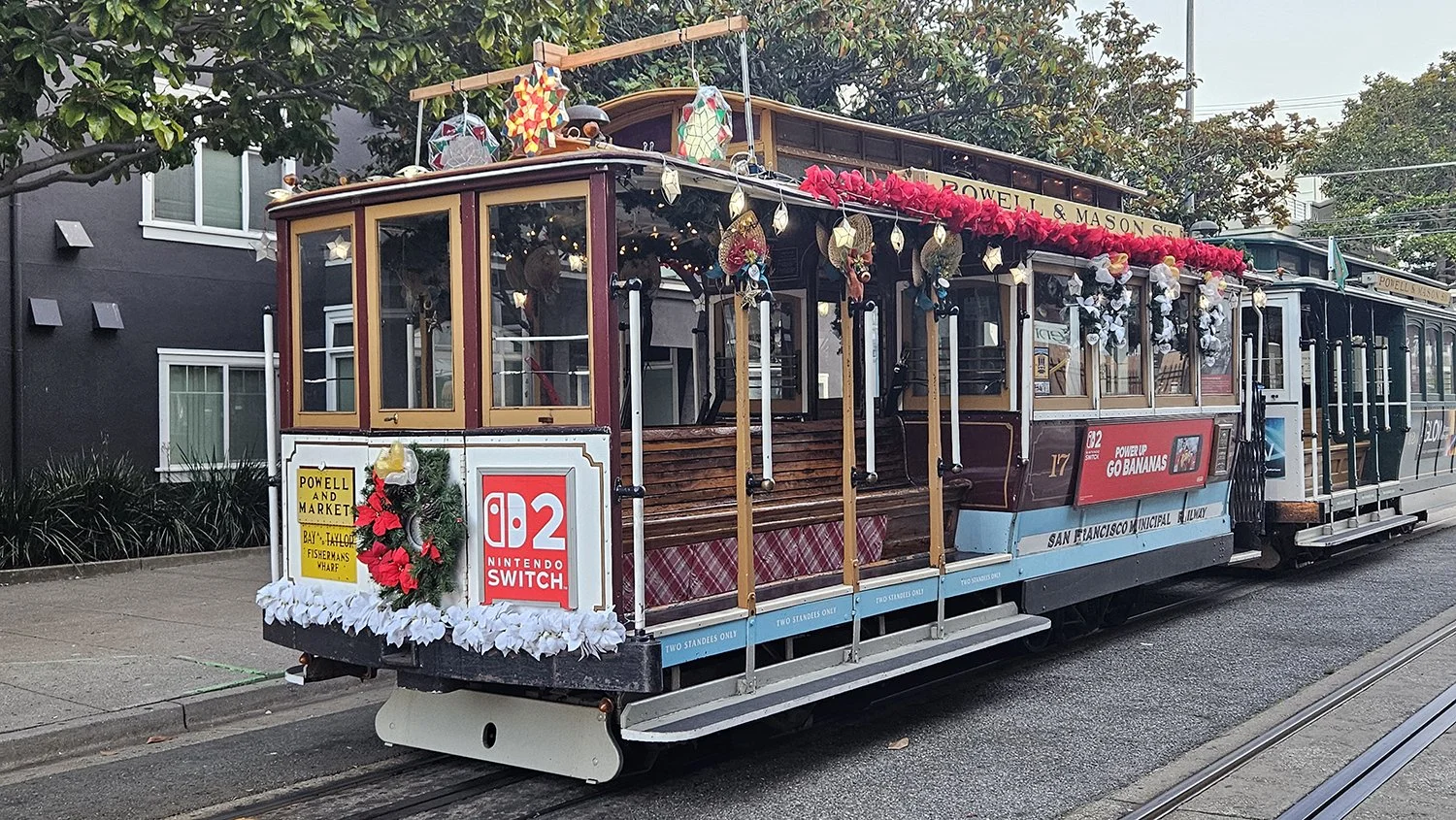Sex, Love and Dating Apps
/Josh Eusebio, Kai Issey and Kumi Takiuchi (Still from “The Interpreter”)
The Interpreter was shown at San Diego Film Week in April 2019 and will be viewable by the public sometime in 2020.
On the surface, The Interpreter is an indictment of online dating, but Benito digs deeper into what he considers a misguided trust in technology. “It seems that dating apps have made people nonchalant about romance. Relationships end up being a gaming experience. It’s a precarious merger fraught with danger and sexual abuse.” He concludes, “Dating apps assist sexual predators.”
Hence, Tinder isn’t tender.
When the Audience Inhabits the Characters
Benito was born in Manila, immigrated to San Francisco in 1984 and has lived in San Diego the last six years. He is best known for feature documentary HARANA: the Search for the Lost Art of the Serenade, which was shown nationally on PBS in 2013.
Director Benito Bautista (Photo by Emma Francisco)
Feature films can last longer than a DMV line. A short has only 40 minutes to resolve all conflicts. Or the film can be based on real events and rely on the viewer’s experience to fill in the gaps. For backstory, Benito allows that the The Interpreter is loosely based on the murder of a young woman in Japan committed by a former soldier from New York. The case closest to his description involves an ex-Marine’s murder of an Okinawan woman.
“If you watch a feature film, you get lots of subplots. You might go into the history of important characters. In a short film you challenge the audience to really participate in the film and read into the characters,” says Benito, whose first narrative feature, Boundary, won a Harvest of Honors award from the Philippines National Commission for Culture and Arts.
Three on a Date
With interpreter in the title, The Interpreter was fated to be the rare foreign language film screened primarily for American audiences. “Actually, it’s a global film,” claims Benito. “You could only tell this story in Japan where Americans don’t speak the language. It captures the universal need for a visitor to use another person to interpret everything in a new country.”
Another formidable challenge for The Interpreter is convincing an American audience to favor Kaito, the hired interpreter who speaks mainly in Japanese with English subtitles, over Jacob, the American cad who hires Kaito as his translator for his assignation. Jacob is played by Kai Issey, the son of a Japanese mother and German father. The subdued role of Kaito went to Joshua Eusebio, a Filipino American polyglot and son of Executive Producer Eric Eusebio. The girl between the boys is Hiromi, played by Japanese actor Kumi Takiuchi, a former model.
Bautista instructing actors on a scene in “The Interpreter” (Photo courtesy of Wanderlust Project Films)
It’s a natural impulse for the mainstream American moviegoer to relate to the English speaker and even more so, as Jacob comes across as an Asian Adam Driver, the undutiful son of Han Solo and undercover detective in BlacKkKlansman. Asian Americans may still identify with Kaito, as prescribed, based on a quiet intelligence more akin to the model minority than the outrageous Awkwafina in Crazy Rich Asians. Since this isn’t a movie review, I leave it to readers to choose between the likeable mensch and cool killer.
Everyone’s Having Sex, Except the Men
During a month of filming in Japan, Joshua, age 21, was amazed by how different real Japanese culture is from the shy women and self-effacing men portrayed in American movies. “Media depict the Japanese as quiet and docile. America is actually more repressed compared to Japan. When you know the language and go to interior parts of society, it’s very open. It was crazy how sexually open both genders are to each other.”
Listening to millennial Joshua expound on Japanese libertines, baby boomer Benito gave his theory on why women in Japan are uninhibited around American males. “Older Japanese men work long hours while younger Japanese men tend to mimic them. Young Japanese women do not wish to marry their fathers, so what do they do? They fall for foreigners,” he explains an attitude underlying the Hiromi character.
Somewhere in that intergenerational exchange lurks a provocative documentary, but the documentary now on Benito’s mind is The Road to Sydney, coming out in 2020. The full-length film captures the courageous journey of Sydney Loyola, a transgender choreographer who suffered horrendous abuse in her native Palawan, Philippines before escaping to San Francisco.
Anthony Maddela is one of two Asians working in the South Central LA housing projects. He’s working on a novel.
More articles from Anthony Maddela





